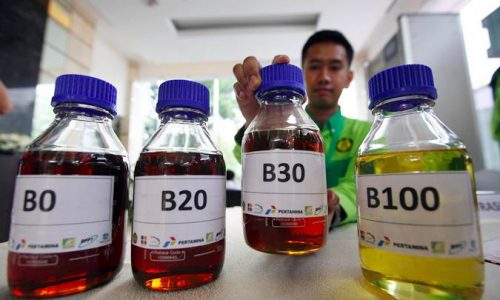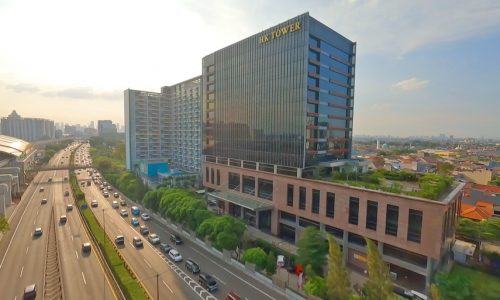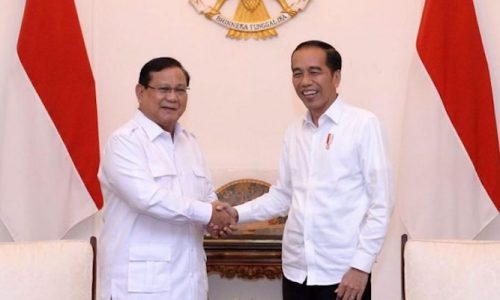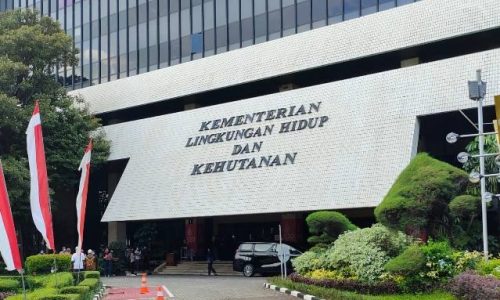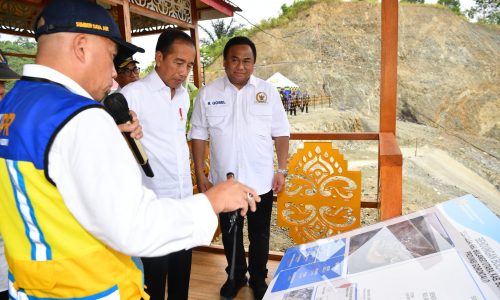Following the recent policy on mandatory deposit of foreign exchange originated from export, the government is planning to provide more appealing incentives for exporters who complied with the policy.
The Secretary of the Coordinating Ministry for Economic Affairs, Susiwijono Moegiarso, explained that previously, in Government Regulation No. 123 of 2015, the government provided income tax (PPh) incentives on foreign exchange deposit interest for placing foreign exchange earnings. These regulations are set to be amended in the upcoming RPP.
Under the existing regulations, a 10% PPh rate is imposed on foreign exchange deposits for natural resources (SDA) with a 1-month term. Additionally, a 7.5% rate applies to deposits with a 3-month term and a 2.5% rate for deposits with a 6-month term. There is a 0% rate for deposits with terms exceeding 6 months.
With Government Regulation No. 36 of 2023, the government intends to offer even more enticing incentives, particularly for the four SDA sectors that are obligated to retain foreign exchange earnings domestically for 3 months: mining, agriculture, forestry, and fisheries.
“So, there will be more fiscal incentives given,” said Susiwijono in Jakarta on Monday (August 14).
Susiwijono also added that the Ministry of Finance is currently actively discussing the changes to Government Regulation No. 123 of 2015. The regulation already provides PPh incentives on foreign exchange deposit interest. However, Susiwijono noted that the regulation has not specifically addressed the 7 DHE SDA placement instruments prepared by Bank Indonesia (BI).
“It’s currently being solidified. The leaked information suggests the incentives will be more appealing, but the exact amounts are in the finalization stage,” Susiwijono said in Jakarta on Monday (August 14).
Here are the seven DHE incentive instruments being prepared by the government:
- Special accounts that investors can use to store foreign exchange if they do not wish to allocate it to other instruments.
- Foreign exchange deposits.
- Foreign exchange stored in the Indonesian Export Financing Institution (LPEI) can be used as a promissory note or a letter of commitment to pay. This promissory note can be forwarded to BI.
- Foreign exchange term deposits (TD valas) that enable banks to transfer DHE SDA to the central bank.
- DHE stored as deposits or promissory notes in LPEI can be used as cash collateral to obtain loans from banks. This way, exporters no longer need to worry about the availability of the Indonesian rupiah if their DHE needs to be parked in a special account.
- DHE deposits can be used for swaps to meet the rupiah needs of exporters.
- BI also provides swap transactions with banks.



